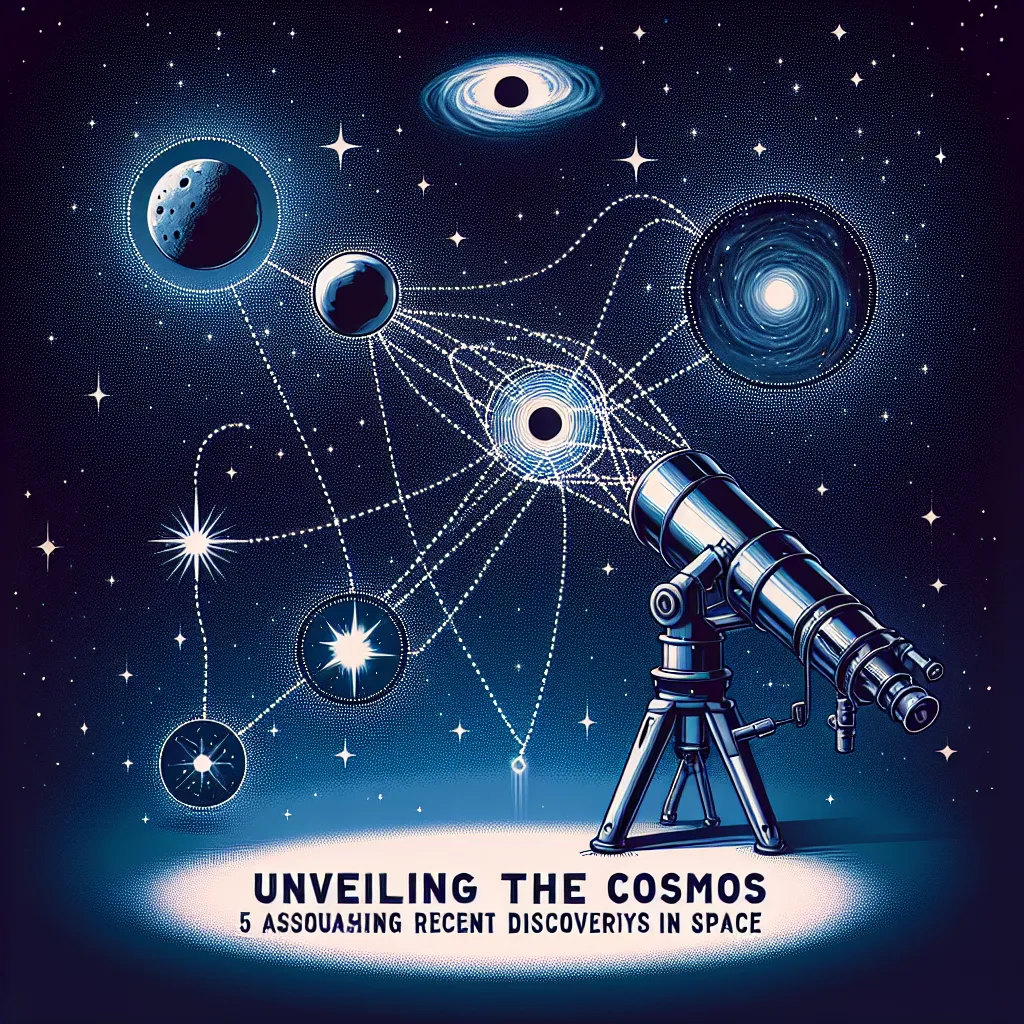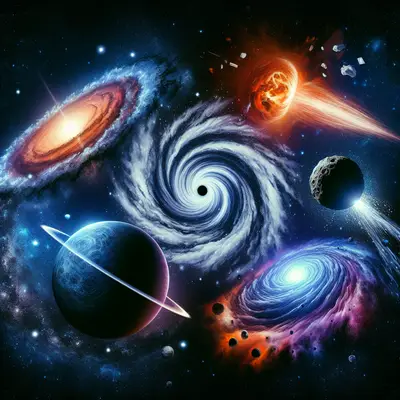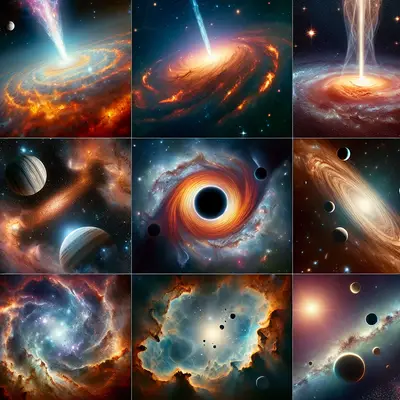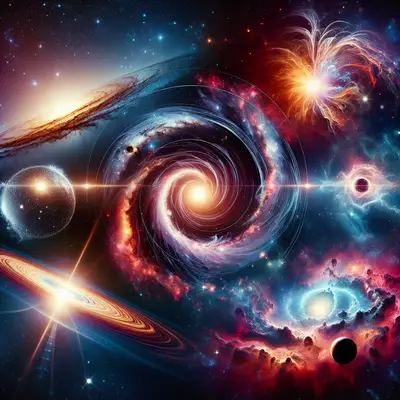The universe is a vast, fascinating, and sometimes perplexing expanse that never ceases to astound us. The more we unravel its mysteries, the more we realize just how much there is left to discover. Let's embark on a mesmerizing journey through space and time, exploring five recent astonishing discoveries that have reshaped our understanding of the cosmos.
The Great Galactic Wall
Astronomers have recently discovered a massive cosmic structure named the 'Great Galactic Wall'. Spanning over 1.4 billion light-years, this colossal structure comprises a series of galaxies interconnected by gravity. This discovery has deepened our understanding of the large-scale structure of the universe, as it underlines the interconnectedness of cosmic bodies within the vast expanse of space.
The Phantom Galaxy
In an unexpected twist, scientists have stumbled upon a 'phantom' galaxy named Antlia 2. Despite being the same size as the Large Magellanic Cloud, Antlia 2 remained undetected due to its incredibly dim stars. This elusive galaxy has sparked curiosity among astronomers, as it challenges our understanding of galactic formation and evolution.
Fast Radio Bursts
Fast Radio Bursts (FRBs) are transient radio pulses that last only a few milliseconds but release more energy than 500 million suns. The origin and cause of these bursts remain a mystery, though recent detections have suggested they might come from magnetars - highly magnetized neutron stars. Studying FRBs could provide critical clues about the universe's composition and evolution.
The Hubble Tension
The 'Hubble Tension' is a recent conundrum faced by cosmologists. It pertains to the discrepancy between the calculated rates of the universe's expansion. While data from the cosmic microwave background suggests a slower expansion rate, measurements from supernovae and gravitational lensing indicate a faster rate. This tension has led to heated debates and could potentially signify new physics at play.
The Possible Ninth Planet
There's a possibility that our solar system houses a yet-to-be-discovered ninth planet. Astronomers have noticed strange alignments and elongations in the orbits of distant space objects, suggesting the gravitational influence of an unseen planet. If confirmed, the discovery of 'Planet Nine' would be a monumental achievement in our exploration of the cosmos.
Conclusion
These recent discoveries further emphasize the dynamic and ever-evolving nature of the cosmos. As we continue to probe the farthest reaches of space, each finding brings us one step closer to understanding our place within this grand cosmic tapestry. The universe, it seems, has many more secrets left to reveal.



